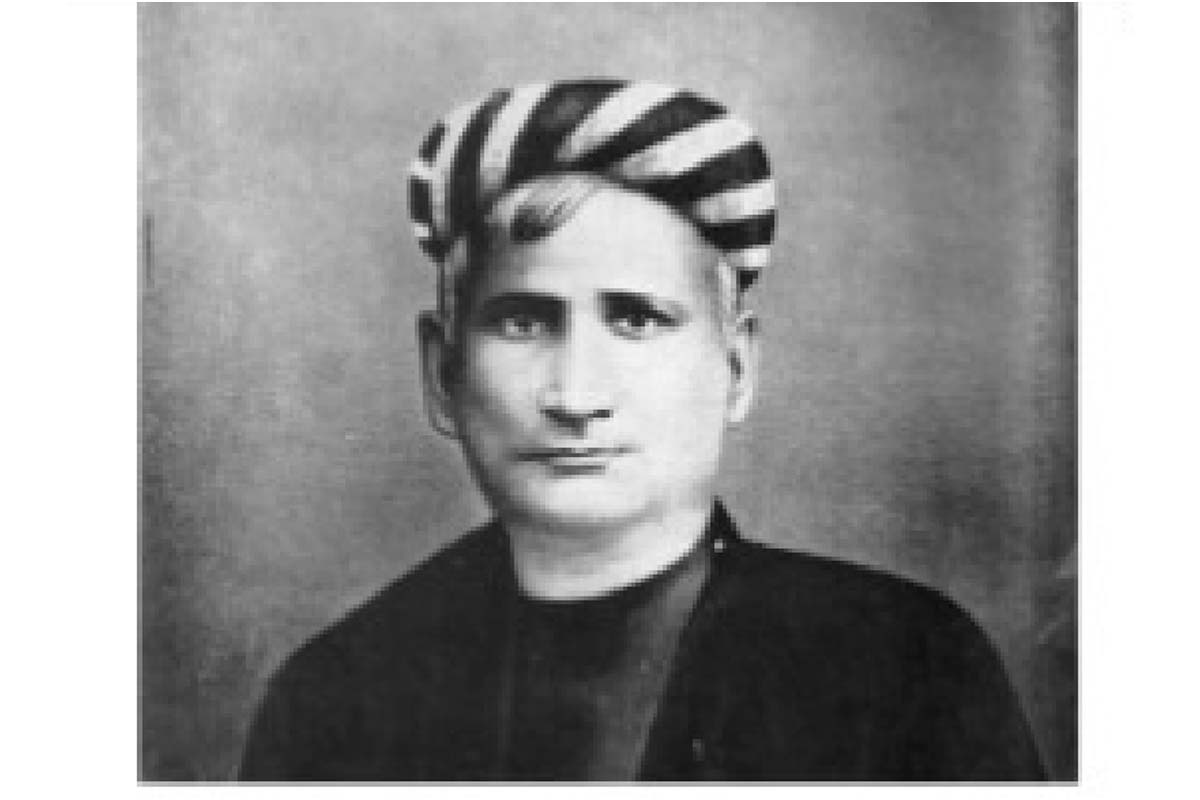Locals of Motijheel, Chinsurah recollect memories of Pratul Mukhopadhyay
The renowned Bengali-language singer Pratul Mukhopadhyay was a creative artist and songwriter.
Sung by generations of Indians to salute the motherland, Vande Mataram was written by Bengali writer Bankim Chandra Chattopadhyay.
Statesman News Service | New Delhi | July 8, 2019 12:18 pm

PHOTO: STATESMAN NEWS SERVICE
‘Bankim Chandra had equal strength in both his hands (sabysachi). In one, he created literary works of excellence; and in the other he guided the young and aspiring authors .With one hand the ignited the light of literary enlightenment; and with the other he blew away the smoke and ash of ignorance and ill conceived notions. Bankim Chandra alone took charge of creative writing and wholesome constructive literary criticism” Rabindranath Tagore.
Sung by generations of Indians to salute the motherland, Vande Mataram was written by Bengali writer Bankim Chandra Chattopadhyay. Bankim’s lyrics were written in 1882 when nationalism itself was at a very nascent stage of development. He raised nationalism to the level of religion by identifying the Motherland with the Mother-Goddess.
Advertisement
But Bankim Chandra Chattopadhyay was more than just the author of a song singing which men mounted gallows. He was a celebrated writer, poet and journalist. He’s considered to be the father of the Bengali novel, a superb story-teller and a master of romance.
Advertisement
His works centred on strong women. He wrote the first Bengali novel in 1865, Durgeshnandini, which was a historical romance work. His first major publication came to be Kapalkundala which is considered to be one of the finest works of Indian literature. Chattopadhayay started publishing a monthly literary magazine Bangadarshan in April 1872, the first edition of which was filled almost entirely with his own work.
The magazine played an important role in establishing a Bengali identity and nationalism. Brought out in the backdrop of changing times, Bankim-Parichay was first brought by Calcutta University way back in 1938 when its vice-chancellor was Syama Prasad Mookherjee. With a foreword penned by Mookherjee, the 173-page hardback chapters dealing with the life of the literary lion, the goal of Bengalis, Bengali language and literature, religion and society, excerpts from his different works of Chattopadhyay and of course Vande Mataram. These days Chattoapdhayay is the man around whom some people in the corridors of power are rallying to justify their views which seek to change the pluralistic face of India. They seem to be unaware of the fact that Chattopdhayay let alone subscribing to their views would have shown them the door. Kudos to Sutradhar for bring out this book in these changing times. After all, Sri Aurobindo had rightly said, “Bankim created a language, a literature and a nation.
Advertisement
The renowned Bengali-language singer Pratul Mukhopadhyay was a creative artist and songwriter.
Sonar Kella, one of Satyajit Ray's most beloved children's films, continues to captivate audiences of all ages.
Mayor Firhad Hakim today inaugurated the renovated Chetla Boys' School, where along with Bengali, English medium has also been introduced.
Advertisement
